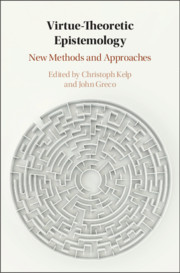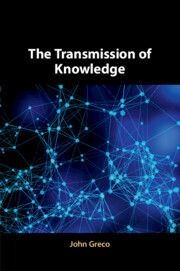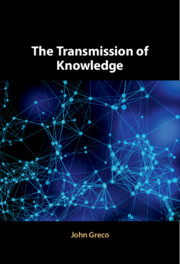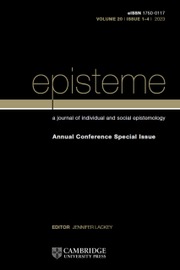Achieving Knowledge
When we affirm (or deny) that someone knows something, we are making a value judgment of sorts - we are claiming that there is something superior (or inferior) about that person's opinion, or their evidence, or perhaps about them. A central task of the theory of knowledge is to investigate the sort of evaluation at issue. This is the first book to make 'epistemic normativity,' or the normative dimension of knowledge and knowledge ascriptions, its central focus. John Greco argues that knowledge is a kind of achievement, as opposed to mere lucky success. This locates knowledge within a broader, familiar normative domain. By reflecting on our thinking and practices in this domain, it is argued, we gain insight into what knowledge is and what kind of value it has for us.
- First book to make the normative dimension of knowledge and knowledge ascriptions its central focus
- Addresses a range of perennial and contemporary problems in epistemology providing the reader with a thorough study of the issues in this area
- Each chapter offers a self-contained and accessible treatment of an important problem in the theory of knowledge
Product details
April 2010Hardback
9780521193917
216 pages
235 × 156 × 15 mm
0.478kg
2 tables
Temporarily unavailable - available from TBC
Table of Contents
- Preface
- Part I. Epistemic Normativity:
- 1. Knowledge as success from ability
- 2. Against deontology
- 3. Against internalism
- 4. Against evidentialism
- Part II. Problems for Everyone:
- 5. The nature of knowledge
- 6. The value of knowledge
- 7. Knowledge and context
- 8. The Pyrrhonian problematic
- Part III. Problems for Reliabilism:
- 9. The problem of strange and fleeting processes
- 10. The problem of defeating evidence
- 11. The problem of easy knowledge
- Bibliography
- Index.






